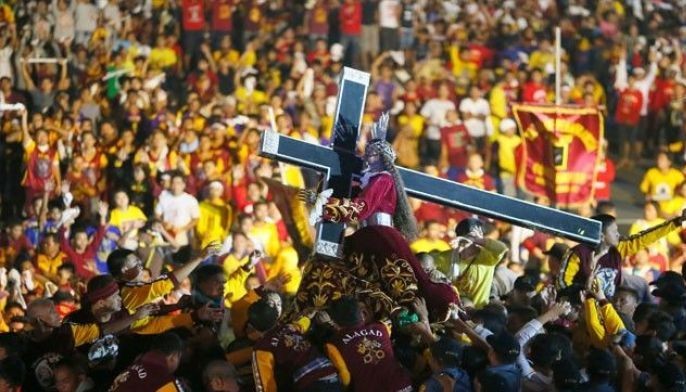Six major bills stranded in Senate
January 15, 2003 | 12:00am
Six major economic bills that the House of Representatives long ago approved are stranded in the Senate, holding up the pace of economic recovery, Speaker Jose de Venecia Jr. said yesterday.
"We have worked extremely hard to pass these measures. The House has done its job and we are proud of our output of major economic reform measures," he told the Legislative-Executive Development Advisory Council (LEDAC) meeting at Malacañang.
He identified these measures as the Securitization Act, Housing and Urban Development Act, Railway Modernization Act, the Farmland and Loan Collateral Act, a bill scrapping documentary stamps taxes on secondary trading transactions, and the bill granting the National Transmission Co. a 50-year franchise.
De Venecia said these measures were part of a common legislative agenda drawn up by the LEDAC at the start of 2002.
"The House approved these with a sense of urgency to bolster the government’s program to defeat poverty, uplift the lives of millions of Filipinos and propel the country’s economy to the status of its prosperous Southeast Asian neighbors," he said.
Another House leader, Rep. Rodolfo Albano of Isabela, blamed the delay in the Senate’s approval of these bills on "interminable squabbling" among senators.
"They must own up to the blame. They cannot point to any one else for the delay that has set back economic recovery," Albano said.
He said two other landmark bills — the Special Purpose Asset Vehicle Act and the E-Procurement Act — were also stranded in the Senate for months before being passed only last December.
President Arroyo signed the two bills into law last Friday.
Other congressmen have used the delay in the Senate’s approval of House-passed bills as an argument to push for Charter changes and advocate a unicameral or one-chamber legislature.
"We have worked extremely hard to pass these measures. The House has done its job and we are proud of our output of major economic reform measures," he told the Legislative-Executive Development Advisory Council (LEDAC) meeting at Malacañang.
He identified these measures as the Securitization Act, Housing and Urban Development Act, Railway Modernization Act, the Farmland and Loan Collateral Act, a bill scrapping documentary stamps taxes on secondary trading transactions, and the bill granting the National Transmission Co. a 50-year franchise.
De Venecia said these measures were part of a common legislative agenda drawn up by the LEDAC at the start of 2002.
"The House approved these with a sense of urgency to bolster the government’s program to defeat poverty, uplift the lives of millions of Filipinos and propel the country’s economy to the status of its prosperous Southeast Asian neighbors," he said.
Another House leader, Rep. Rodolfo Albano of Isabela, blamed the delay in the Senate’s approval of these bills on "interminable squabbling" among senators.
"They must own up to the blame. They cannot point to any one else for the delay that has set back economic recovery," Albano said.
He said two other landmark bills — the Special Purpose Asset Vehicle Act and the E-Procurement Act — were also stranded in the Senate for months before being passed only last December.
President Arroyo signed the two bills into law last Friday.
Other congressmen have used the delay in the Senate’s approval of House-passed bills as an argument to push for Charter changes and advocate a unicameral or one-chamber legislature.
BrandSpace Articles
<
>
- Latest
- Trending
Trending
Latest
Trending
Latest
Recommended
































